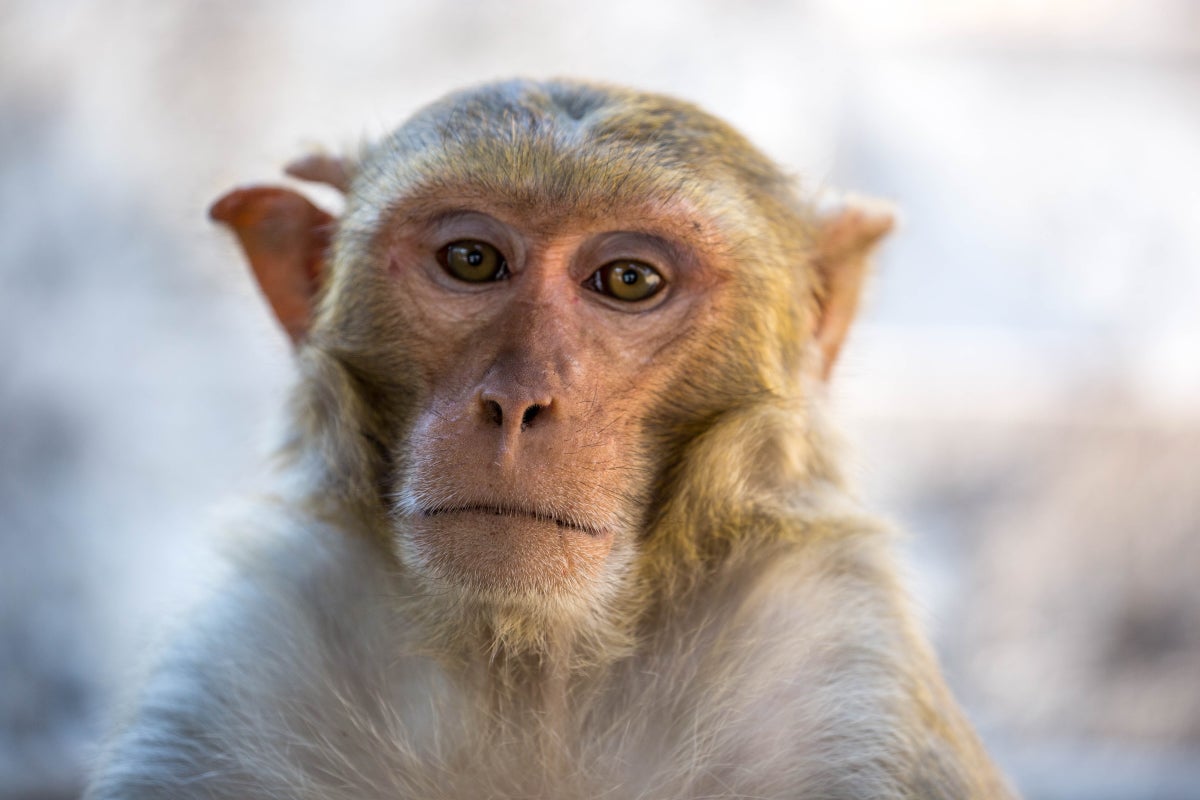
"The U.S. Centers for Disease Control and Prevention has instructed staffers to end all monkey research, according to a report in Science. The decision will affect studies involving some 200 macaques; the fate of the animals is unknown. The affected monkeys, housed at the CDC's headquarters in Atlanta, were used in studies of infectious diseases, including HIV and hepatitis. The CDC reportedly plans to end its research involving the animals by the end of the year."
"It's very concerning, says JoAnne Flynn, a distinguished professor and chair of the department of microbiology and molecular genetics at the University of Pittsburgh, who has developed nonhuman primate models of tuberculosis. In infectious disease, things really need to be tested in a system that's very similar to humans, she says, stressing that primates are only used as animal models in research when other models, such as mice or cell cultures, aren't effective."
The U.S. Centers for Disease Control and Prevention instructed staff to end all monkey research. About 200 macaques housed at CDC headquarters in Atlanta were used in infectious-disease studies, including HIV and hepatitis, and the animals' fate is unknown as CDC plans to end the research by year end. Researchers express concern because nonhuman primate models are necessary when mice or cell cultures fail to reproduce human-like disease responses. Federal agencies are moving to reduce reliance on animal research and to invest more in chip-based and cellular models. CDC affirms commitment to ethical, humane care and to minimizing laboratory animal use in line with replacement, reduction and refinement while regularly evaluating its research portfolio.
Read at www.scientificamerican.com
Unable to calculate read time
Collection
[
|
...
]